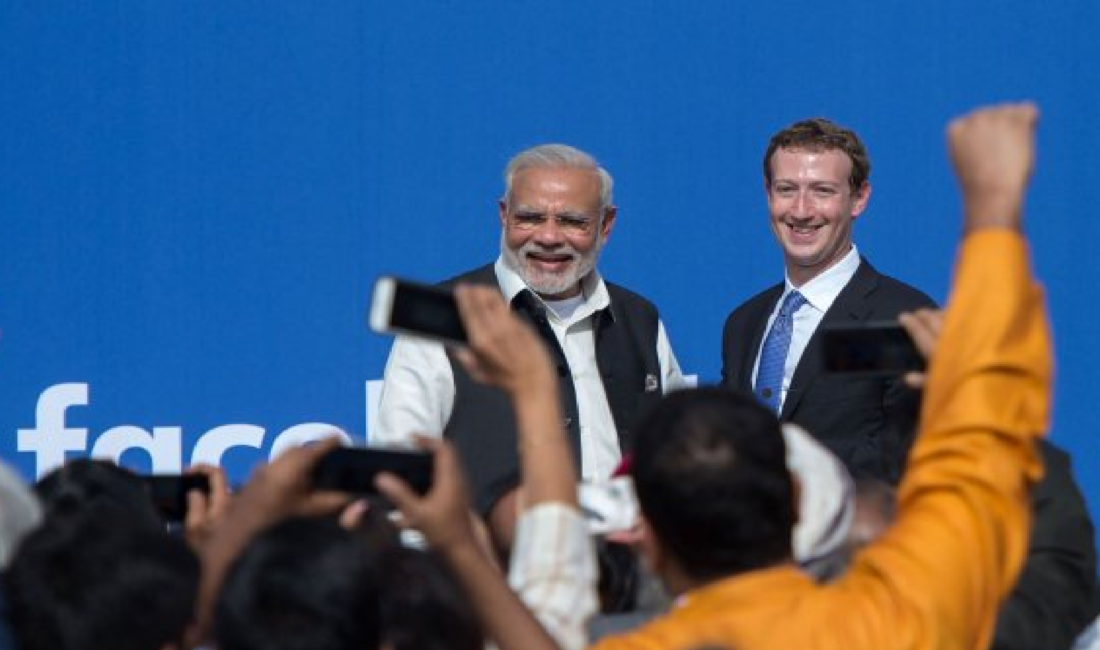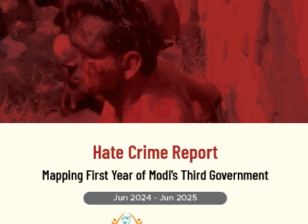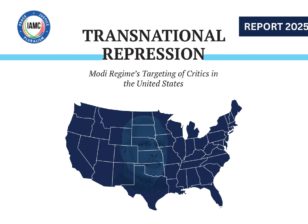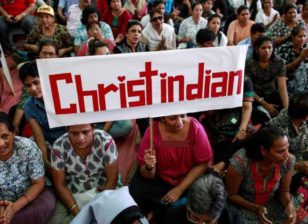Facebook’s Ties to India’s Ruling Party Complicate Its Fight Against Hate Speech
AUGUST 27
In July 2019, Alaphia Zoyab was on a video call with Facebook employees in India, discussing some 180 posts by users in the country that Avaaz, the watchdog group where she worked, said violated Facebook’s hate speech rules. But half way through the hour-long meeting, Shivnath Thukral, the most senior Facebook official on the call, got up and walked out of the room, Zoyab says, saying he had other important things to do.
Among the posts was one by Shiladitya Dev, a lawmaker in the state of Assam for Prime Minister Narendra Modi’s Hindu nationalist Bharatiya Janata Party (BJP). He had shared a news report about a girl being allegedly drugged and raped by a Muslim man, and added his own comment: “This is how Bangladeshi Muslims target our [native people] in 2019.” But rather than removing it, Facebook allowed the post to remain online for more than a year after the meeting, until TIME contacted Facebook to ask about it on Aug. 21. “We looked into this when Avaaz first flagged it to us, and our records show that we assessed it as a hate speech violation,” Facebook said in a statement to TIME. “We failed to remove upon initial review, which was a mistake on our part.”
Thukral was Facebook’s public policy director for India and South Asia at the time. Part of his job was lobbying the Indian government, but he was also involved in discussions about how to act when posts by politicians were flagged as hate speech by moderators, former employees tell TIME. Facebook acknowledges that Thukral left the meeting, but says he never intended to stay for its entirety, and joined only to introduce Zoyab, whom he knew from a past job, to his team. “Shivnath did not leave because the issues were not important,” Facebook said in the statement, noting that the company took action on 70 of the 180 posts presented during the meeting.
The social media giant is under increasing scrutiny for how it enforces its hate speech policies when the accused are members of Modi’s ruling party. Activists say some Facebook policy officials are too close to the BJP, and accuse the company of putting its relationship with the government ahead of its stated mission of removing hate speech from its platform—especially when ruling-party politicians are involved. Thukral, for instance, worked with party leadership to assist in the BJP’s 2014 election campaign, according to documents TIME has seen.
Facebook’s managing director for India, Ajit Mohan, denied suggestions that the company had displayed bias toward the BJP in an Aug. 21 blog post titled, “We are open, transparent and non-partisan.” He wrote: “Despite hailing from diverse political affiliations and backgrounds, [our employees] perform their respective duties and interpret our policies in a fair and non-partisan way. The decisions around content escalations are not made unilaterally by just one person; rather, they are inclusive of views from different teams and disciplines within the company.”
Facebook published the blog post after the Wall Street Journal, citing current and former Facebook employees, reported on Aug.14 that the company’s top policy official in India, Ankhi Das, pushed back against other Facebook employees who wanted to label a BJP politician a “dangerous individual” and ban him from the platform after he called for Muslim immigrants to be shot. Das argued that punishing the state lawmaker, T. Raja Singh, would hurt Facebook’s business prospects in India, the Journal reported. (Facebook said Das’s intervention was not the sole reason Singh was not banned, and that it was still deciding if a ban was necessary.)




